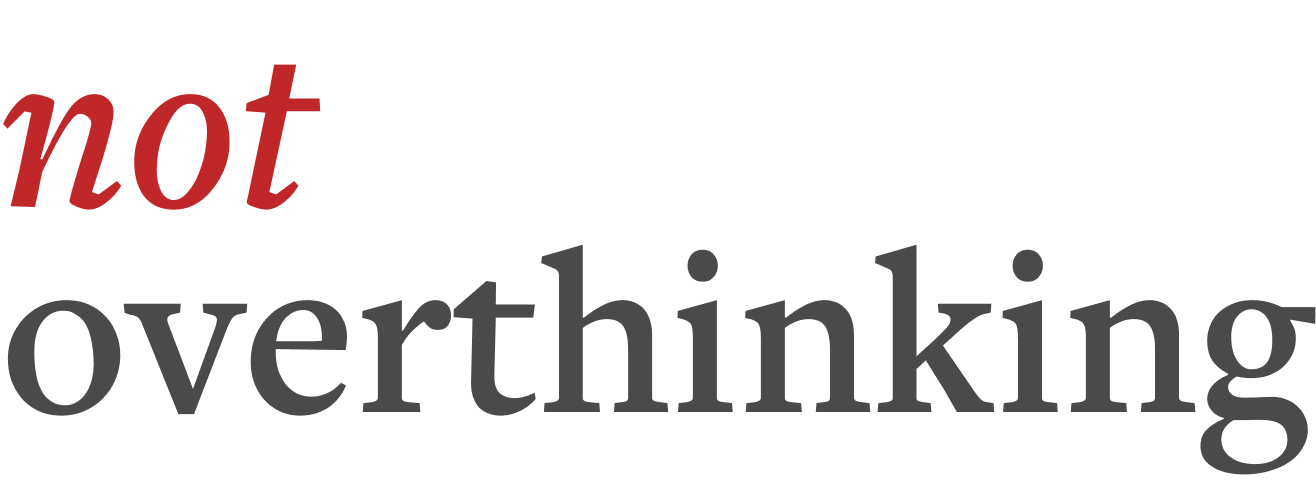Is it immoral to publicly share revenue numbers?

Here are some of the highlights from our discussion:
The response to creators and influencers actively trying to make money can depend on what they are trying to sell. For instance, selling knowledge in the form of online courses seems to elicit a different response than if someone decides to start selling merchandise.
Historically the narrative has been that making money is allowed to be a coincidental side effect of what you do. But if you want to actively make money that’s not seen in the same way. The general sense of creators and influencers is that they make a lot of money but it’s seen as distasteful of them to come across as if they want to make a lot of money.
When you talk about money it’s a powerful tool that elicits a very powerful response in people because money is considered a taboo thing to discuss. If you are going to use a powerful tool like that, you want to pair it with a message about how you got there and how other people could get there. In that context it’s fine because you are using it as a tool to inspire people but problems arise when this then becomes the goal – the goal is no longer working hard for self-fulfilment, the goal becomes working hard to generate higher revenue numbers to match what everyone else is doing.
“Internalising the idea that the 1% is representative of the 100% is problematic”.
Transparency can be good but if it feeds into the societal narratives around what your compass should be then the positive effects begin to be overshadowed. Social media does have an extraordinary level of influence over the narratives that pervade society and therefore the chance that these ‘transparency-related’ posts will have a detrimental impact has increased. But this of course raises the pertinent question of if sharing something has a potential negative impact on someone by virtue of the story that they tell themselves about it – do you have a moral obligation to not share the post?
Whether other people see revenue numbers as a flex depends on your relationship with them. The level of detachment makes a big difference to how we respond to what we see on social media. This relates to what Alain de Botton labelled as the ‘narcissism of small differences’.
“Framing things in terms of what is bad and what is good is not the point – the point is how we can frame things better”.
Become a Not Overthinker
We've got a fun little members-only community where we have a private Slack channel, and host weekly (ish) Zoom hangouts. Click here if you fancy joining.
Leave us a Review
If you enjoy listening to the podcast, we'd love for you to leave us a review on iTunes / Apple Podcasts. Here's a link that works even if you're not on an iPhone :)
Send us an Audio Message
We really want to include more listener comments and questions in our episodes. If you've got any thoughts on this episode, or if you've got a conundrum or question you'd like us to discuss, send an audio file / voice note to [email protected].
- For any non-audio comments, please comment on our YouTube channel.
- Alternatively, feel free to drop us a tweet or DM on Twitter - https://twitter.com/noverthinking.



